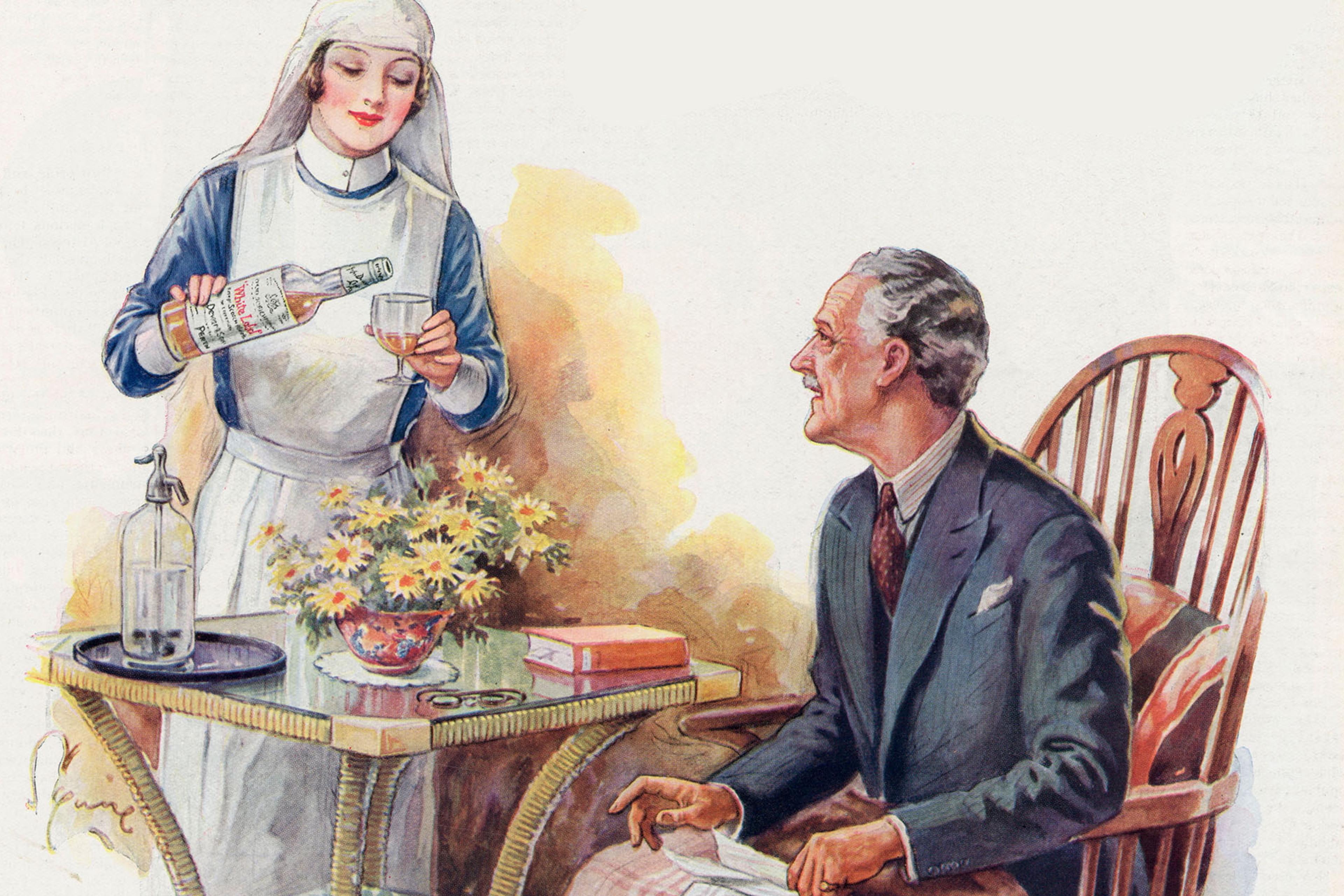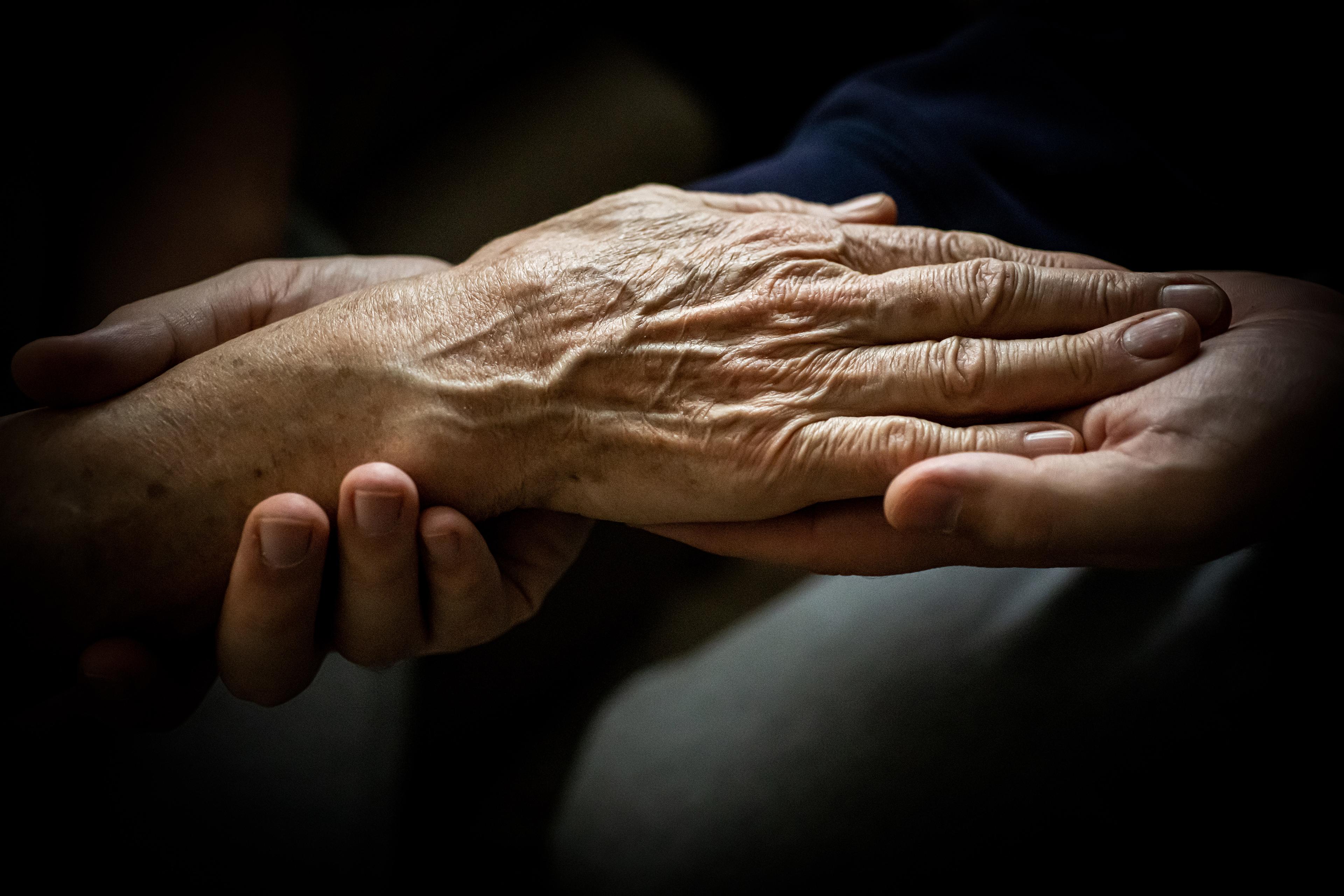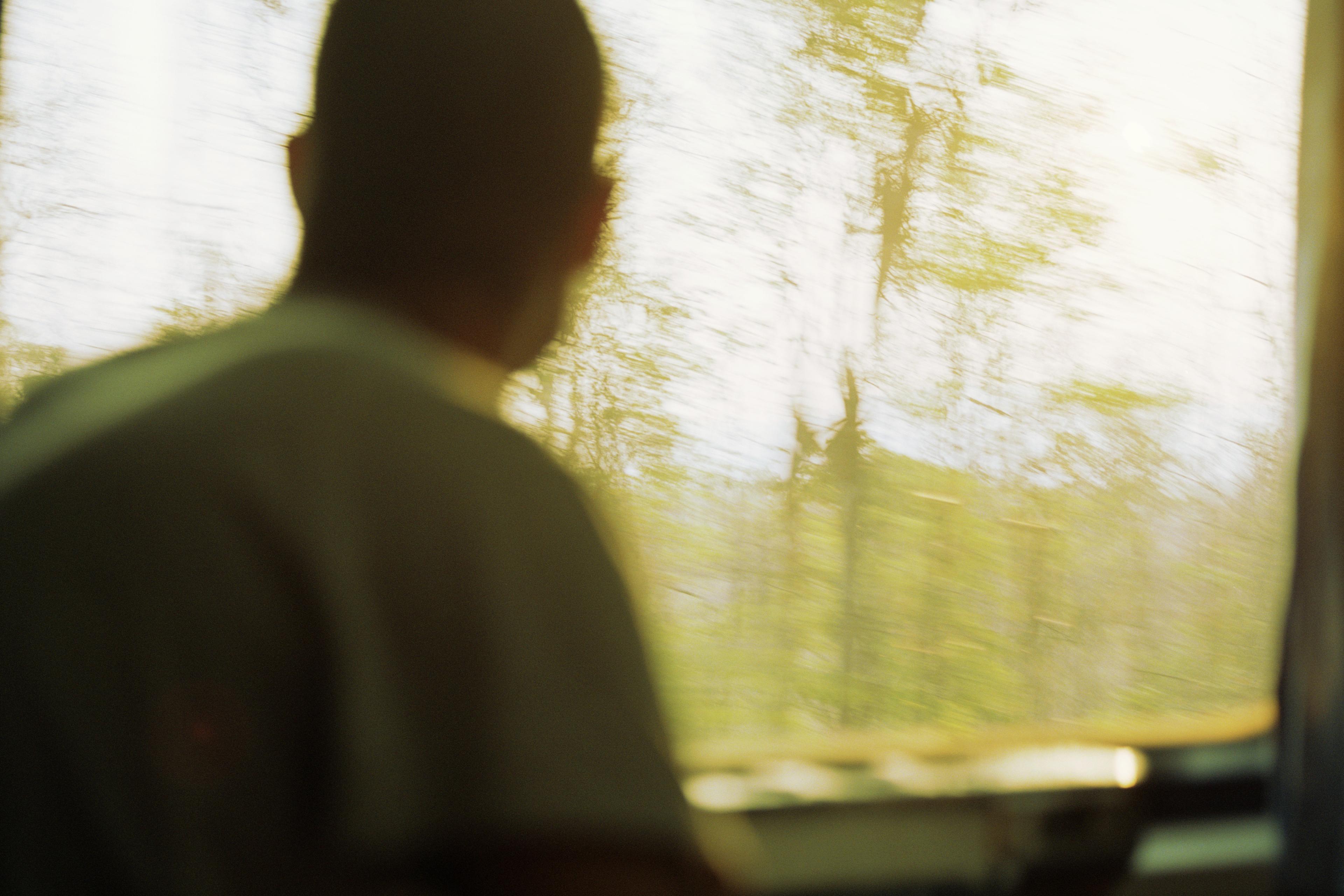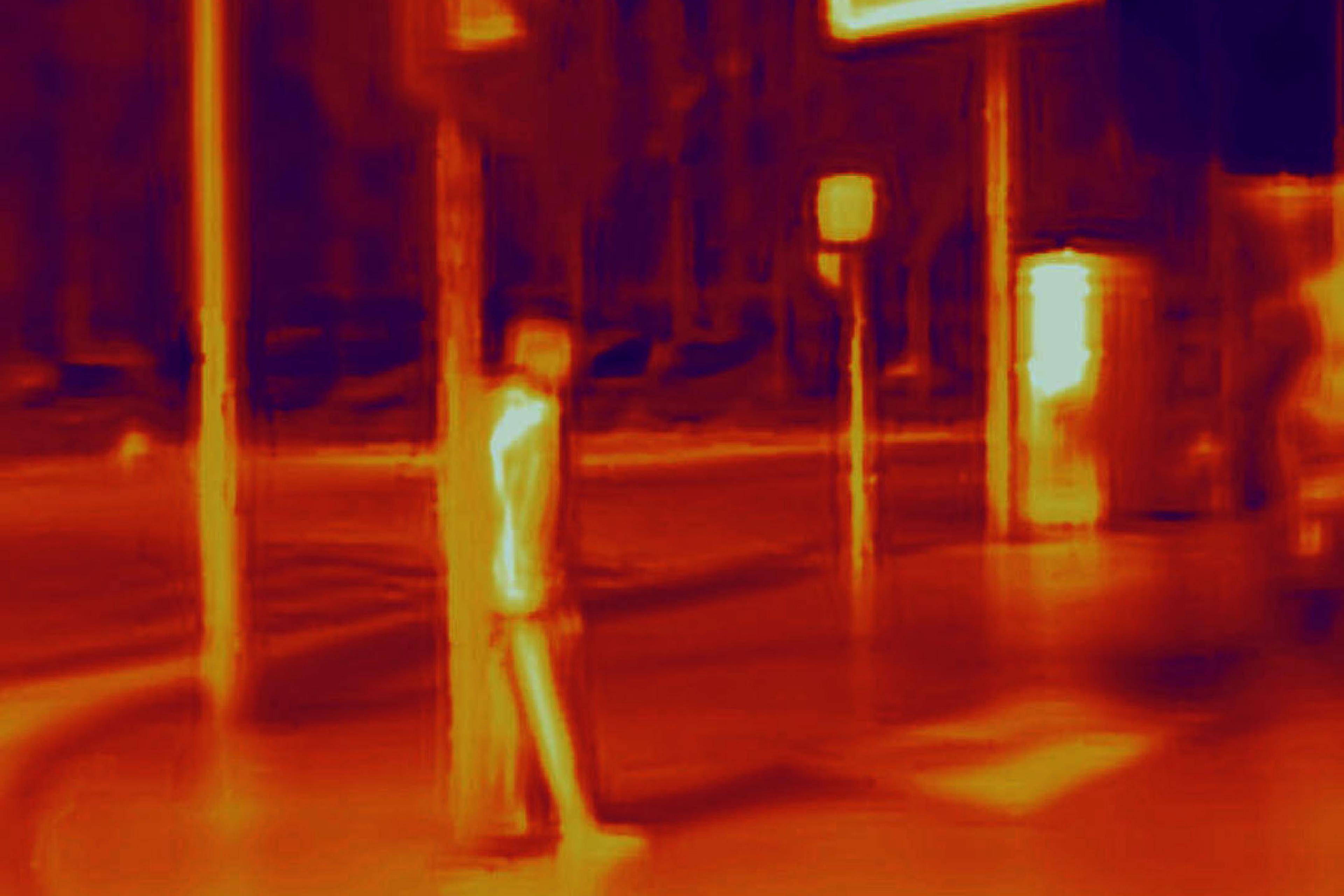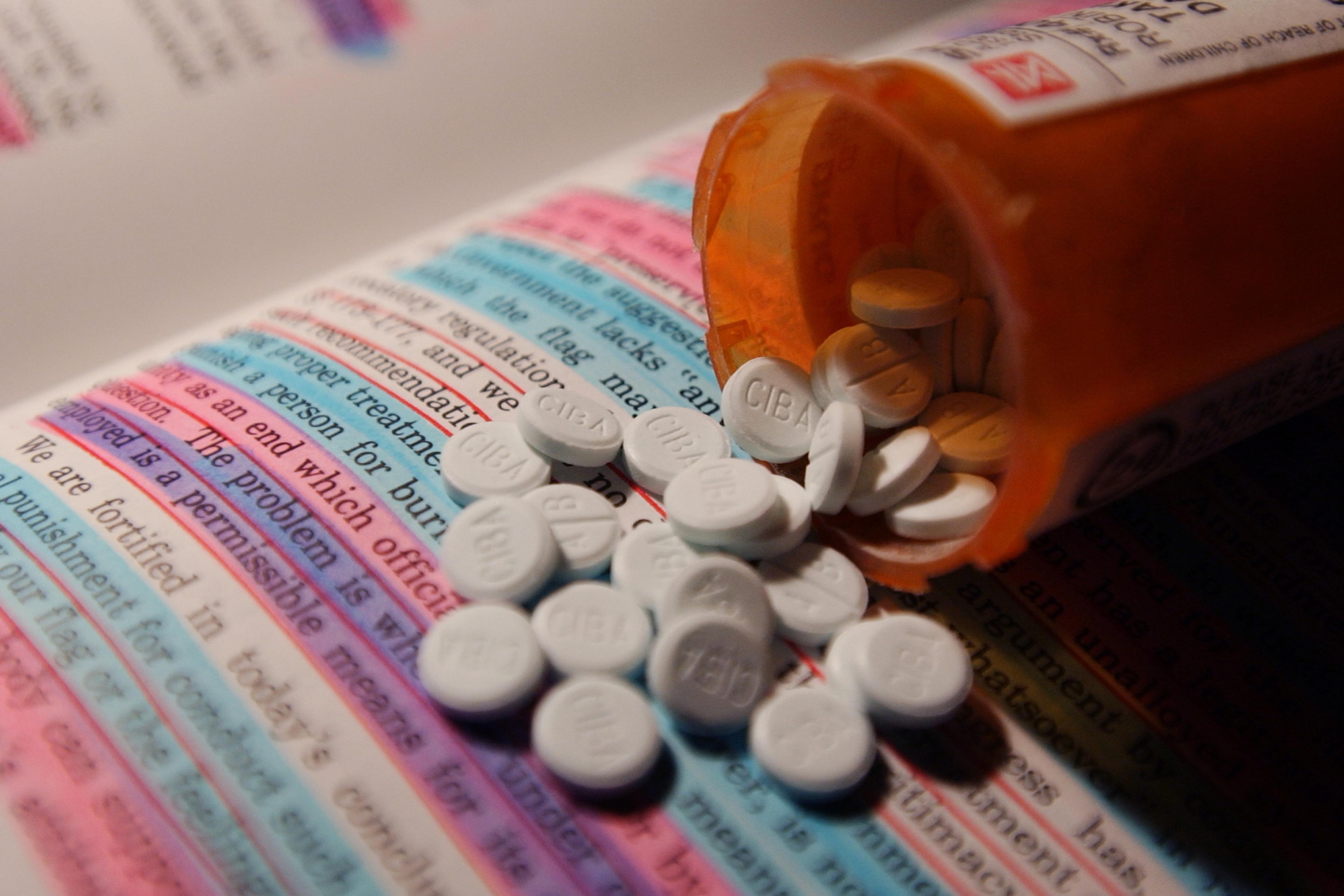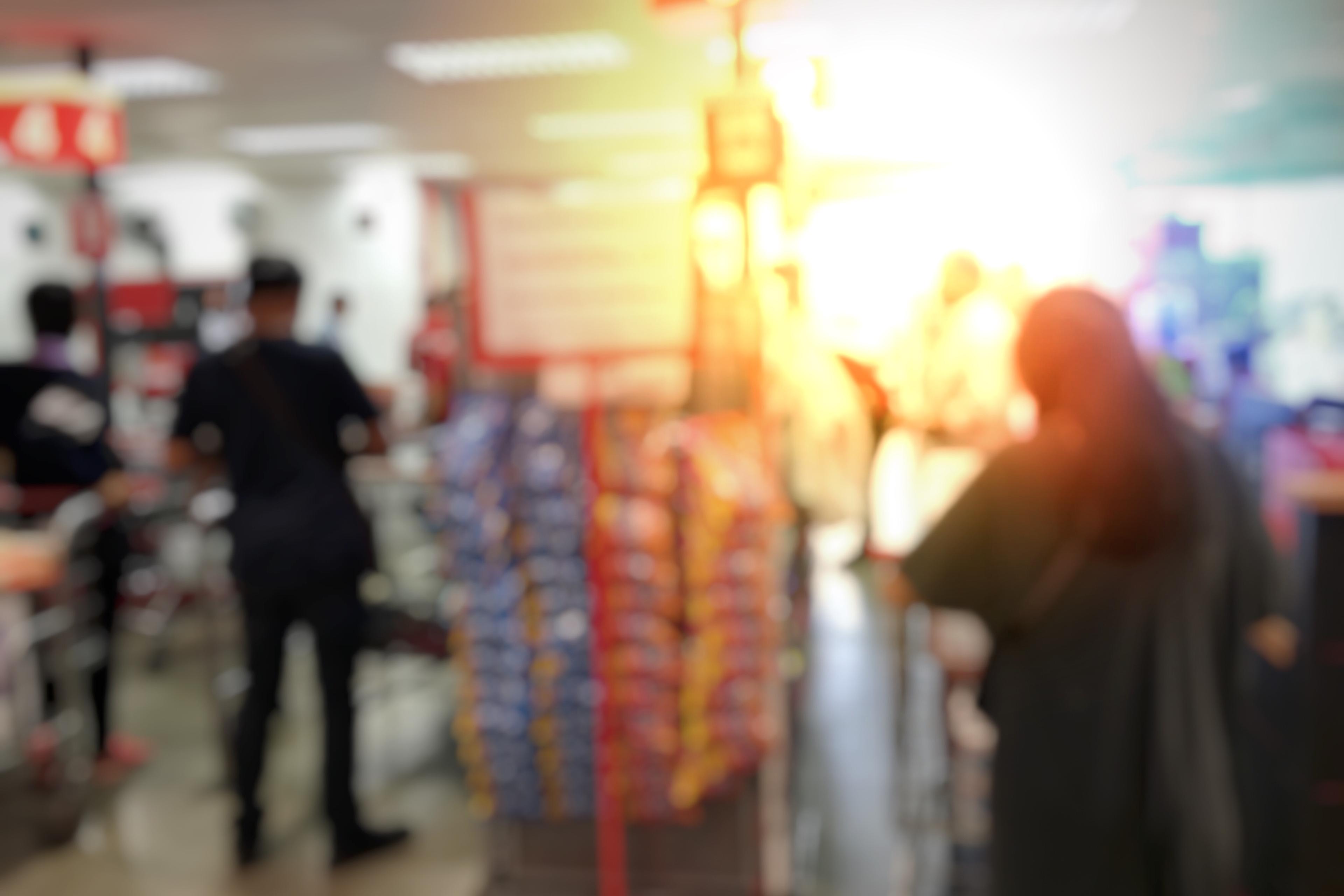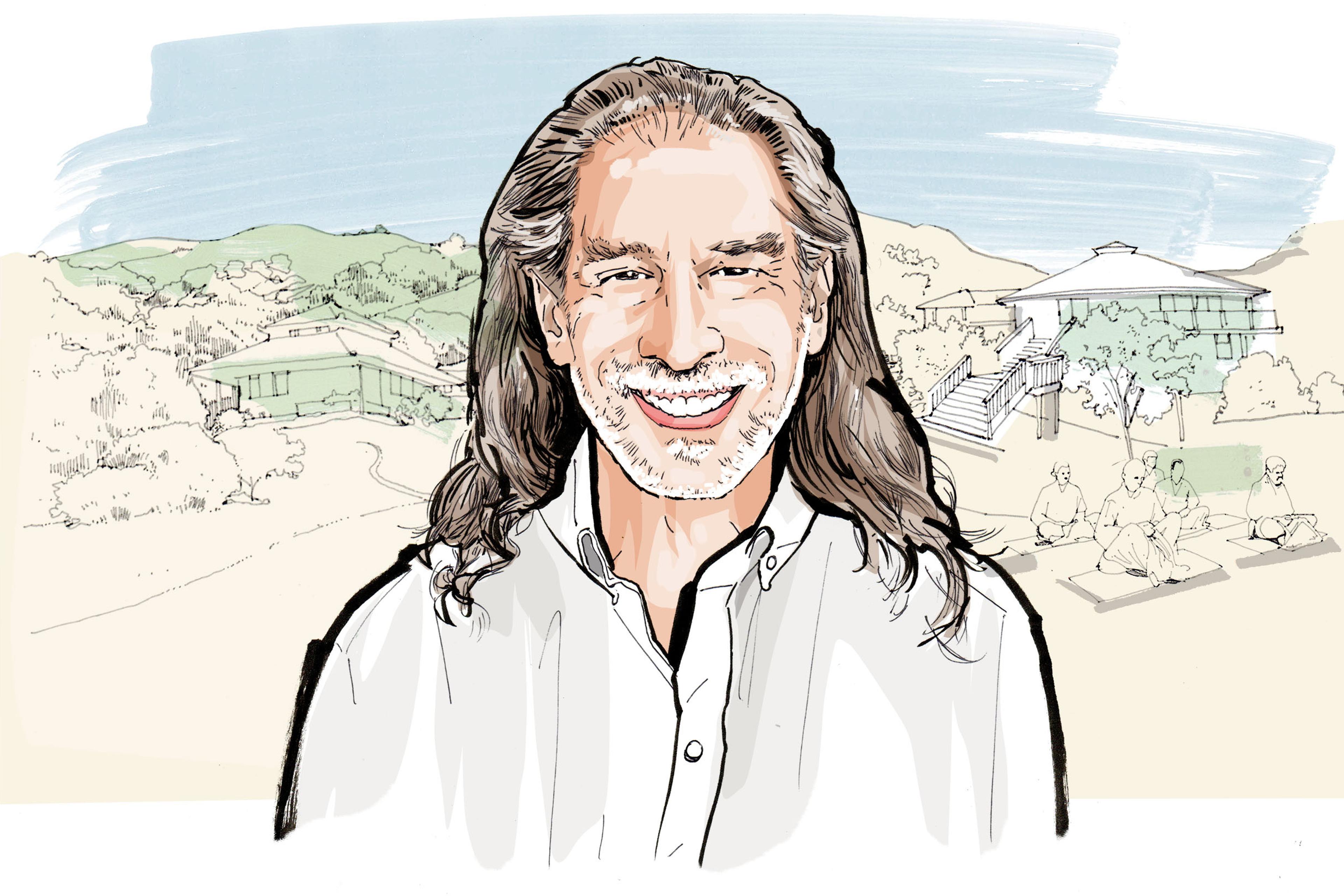‘I was always interested in the life of hermits,’ my patient told me. ‘As a teenager, I was a very spiritual person. I’d go to mass every day, but the life of hermits seemed closer to…’ He paused, seeming to crank up the idea from a wishing-well by the subtlest of head tremors. The bucket came up dry. ‘It’s so hard to explain.’
‘Just try your best, Brother John,’ I said. ‘I don’t really know what I’m asking, but I know the answer’s there.’
I had found myself on unfamiliar ground: doctors are poorly instructed in medicine’s spiritual dimensions. We pronounce patients dead but are little involved in the worries of their afterlives. Yet a person’s spirituality can be injured, as their body can. Sometimes, a person’s only support system is their religion. Other times, it’s how they reconcile their illness. If doctors cannot tap into that support and perspective, we do our patients a disservice.
As a neurologist, I’ve had a number of patients who faced moral anguish when their mental faculties began to fail. Would getting lost during their prayers mean they were straying from grace? But sometimes the biggest source of pain might not come to a doctor’s attention because patients don’t feel comfortable talking to a man in a labcoat about how the divine illuminates their life. Doctors can be most effective, and their recommendations better adhered to, when their rhetoric embraces and aligns with the values of the patient. For many patients, those values are virtues of their faith.
To know something about that faith, and how the patient uses it to make meaning of suffering and successes, is a valence of healing we should exercise, not exorcise, through clinical practice. My experiences with patients like the one I’ll call Brother John have helped me understand that.
I had made the transcendent feel like a field goal
‘Monastic life’s simple,’ he told me. ‘It constitutes a prayer – always being in a state of prayer to the Lord, always thinking of the Lord, always making your every action an act of getting nearer the Lord. That’s why I joined [the monastery]. There was a lot of manual labour, chopping and stacking wood, praying all the while. Then all at once, somehow, I’d come to this state like a euphoria. It doesn’t last, so you have to keep at it to get back there again. It doesn’t seem possible for a human to stay in this spot, though the saints must have. Anyway, after three or four years, a call came to help a parish, and I answered it. I stayed there in the world for maybe 18 years.’
‘Did moving away from the monastery take you away from the… the uh…’ I faltered. ‘Getting into the zone?’
‘Not a zone. More a kind of ecstasy.’
I felt like I had made the transcendent feel like a field goal. ‘Sorry, the ecstasy … did leaving the monastery take it away?’
‘No, Parkinson’s did.’
‘How do you mean?’
‘I started to stumble. I’d be bumping into people I was walking with. I just thought it was clumsiness. When I couldn’t access that ecstatic moment anymore, even though I was praying like always, with my intentions in the right place, I knew something was really wrong. The tremor came, and I went to the neurologist – Parkinson’s disease. They even DaTscanned me to be sure.’
‘Have you felt that ecstasy since?’
‘Never again.’
Many brain diseases can affect a person’s religiosity and spirituality. Some, like schizophrenia, feature religious themes as part of paranoid delusions, which might involve some god’s command or some devil’s tormenting threat. The behavioural variant of frontotemporal dementia can cause new or renewed religious preoccupations to the point of compulsive behaviour. Epilepsy has a long history of being explained in terms of demonic possession or the rapture of a divine presence. In some cases, a seizure can involve what’s called an ‘ictal religiosity’, an experience of spiritual ecstasy. And some people with temporal lobe epilepsy develop Geschwind Syndrome, which features hyper-ritualised behaviour or increased spiritual fervour.
In other cases, brain disease does not amplify spiritual aspects of a person’s life; instead, the medical interferes with the moral. I have another patient – I’ll call him Mr Thomas – whose degenerative condition impairs his working memory and distorts his visuospatial perception. He is plagued by an obsessive doubt that, because of his inability to be fully present in his adoration of the Eucharist, he’s not receiving God’s grace. Neither my medications nor his padre’s counsel completely relieved him of this doubt.
Parkinson’s, a degenerative disease in the basal ganglia, causes slowed thought, feelings and movements because neurons that produce dopamine die. Dopamine is a currency in many brain circuits that pays the toll to initiate various neurobehavioral features – from motion to emotions. In some patients with the disease, research has shown differences in the evaluation of religious themes and ideas (eg, less interest in religion) compared with people without the disease. And sometimes, the more severe a person’s Parkinson’s is, the less likely they are to use religion to cope. Findings like these help to substantiate anecdotal observations that Parkinson’s disease is often accompanied by a decrease in religiosity. (Conversely, treating the disease with dopamine repletion or dopamine substitution can lead to impulse-control disorders, which sometimes have religious features, such as compulsively crossing oneself.)
One day I heard a voice deep within say: You have been healed from Parkinson’s. My walking and shaking improved. I’ve been off meds for years
It was therefore certainly possible that Brother John’s neurological condition had robbed him of the capacity to centre himself into that state of blessed bliss he once knew.
‘Did your faith suffer for it?’ I asked him.
‘No – if I miss church or my prayers, that’s when I’m suffering!’
‘How’s your tremor and walking?’
‘I was on medication for a while, then… you may find this strange to hear, but I was healed. I had been praying for Pope John Paul II to become a saint. He had Parkinson’s. One day I heard a voice deep within say: You have been healed from Parkinson’s. I wonder if it was Paul’s. My walking and shaking improved. I’ve been off meds for years.’
He was right – I did find this strange, and I wasn’t sure how to proceed. Doctors learn about reconciling medications, not reckoning with miracles. Parkinson’s doesn’t just get better. So, was I listening to a miracle or a misattribution? Brother John could very well have had stiffness, walking problems and tremor for some other reason besides Parkinson’s disease (drug-induced parkinsonism is a common mimic of the true disease), and then gotten better after he stopped some other medication. On the other hand, there is inconsistent evidence that shows mindfulness and meditation practices can transiently and weakly improve behavioural and even motor symptoms in patients with Parkinson’s. So perhaps his prayer’s power was in marshalling a mindfulness that squeezed out a bit more dopamine?
Ashamed at my discomfort, I ignored it. ‘Did the ecstasy return, after… that?’
‘No, never again, but you have to persevere. I pray my usual prayers every day – not just so I can get back to that feeling. Maybe it’ll happen, maybe not. Even if you don’t see it working, you’ve got to keep trying. How’ll any of it get better if you don’t believe it can… and act on that belief?’
Here was no dark night of the soul. Brother John’s prescription – to believe and act on that belief – struck me as strong medicine for the body and the body politic in these times. Still, I felt so awkward before the awesome.
This man kept coming to the clinic but accepted no medications. I was just one of a long list of resident doctors who rotated in and out of his life. In the moment, had I the training, I might have taken the space he permitted to more deeply explore whether he considered his physical improvement – without the return of his spiritual bliss – healing or just coping. Spiritual or existential pain may be a matter for the clergy, but the medical doctor can at least identify it when it’s present and reflect or refer, and at best could try to frame for the patient how their disease might be responsible, or might be placing limits on their experience or perceptions. Was Brother John’s lack of bliss from depletion of dopamine, and might a stronger medicine have helped him?
I’ve heard a baby’s first cry and an old woman’s last breath
In premedical classes, we are expected to take physics (often promptly laid aside in practice), but we aren’t encouraged to explore the metaphysics that guides so many of our patients. Trust and caring can come from understanding, and to ignore what a person finds holy is to ignore what their lives are all about. It would be pertinent to understand the ideas and beliefs that someone like Brother John holds. And Mr Thomas’s anguish was a consubstantiation of medical and moral angst; if the pain is mingled, the palliation should be too. While in hospital settings we might make a consultation to pastoral care services, such services are not routinely available in the outpatient setting. Had I learned a richer framework for exploring spiritual grief and questions, I might have been better able to explain to Mr Thomas why his disease, and not his faith, is the source of his focus problems. It isn’t enough for me to just say: ‘Don’t worry about it. Your brain impairs your attention. It’s not your fault.’
Brother John’s world and mine weren’t that different. Superficially, at least, I had much in common with him. From an early age I felt a twitch upon the thread – in my case, to care for others. I have devoted my life to the Good, underwent years of training that took me away from the world’s normal rhythms, and, for all practical purposes, I had (in the context of academic medicine) taken vows of poverty and obedience. I was also no stranger to wonder. I’ve heard a baby’s first cry and an old woman’s last breath.
Yet physician training has largely ignored the spiritual dimension of care. Perhaps because funders prioritise how biophysics affects health but not how metaphysics makes people whole, medical professionals have grown satisfied confusing the medium with the message, forgetting that some of the finest medical ‘saints’ believed the brain is a medium or ‘messenger’, but not the message itself. My encounter with Brother John and his willingness to share his experience of faith moved me. He taught me that sometimes the most important vital sign might not be respiration, but inspiration.
This Idea was made possible through the support of a grant to Aeon+Psyche from the John Templeton Foundation. The opinions expressed in this publication are those of the author and do not necessarily reflect the views of the Foundation. Funders to Aeon+Psyche are not involved in editorial decision-making.

